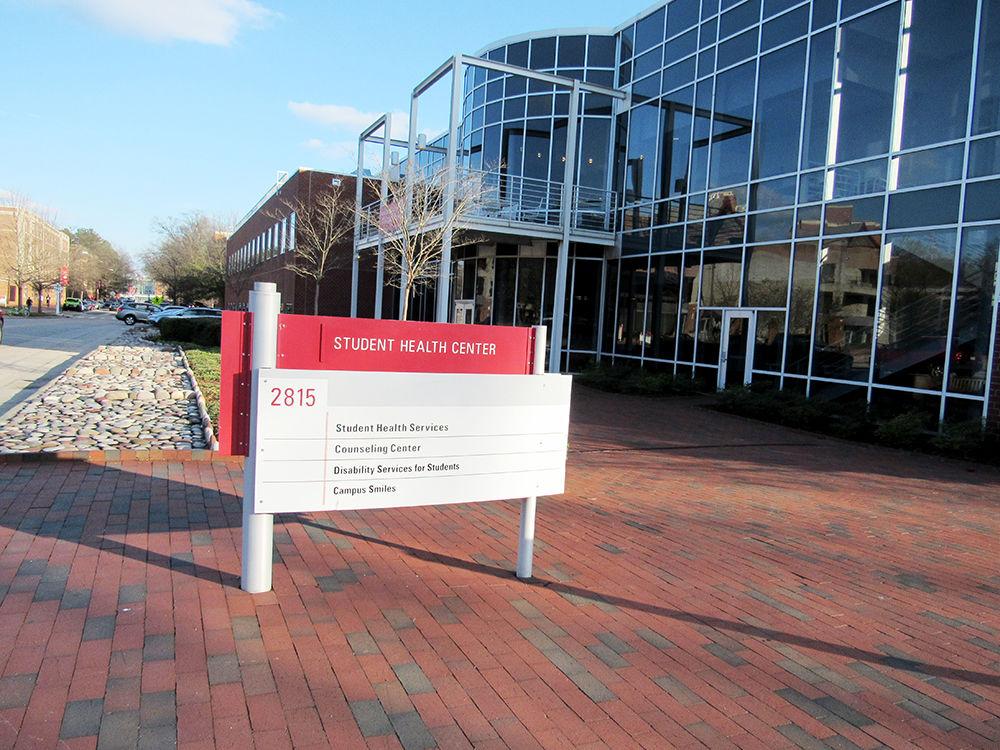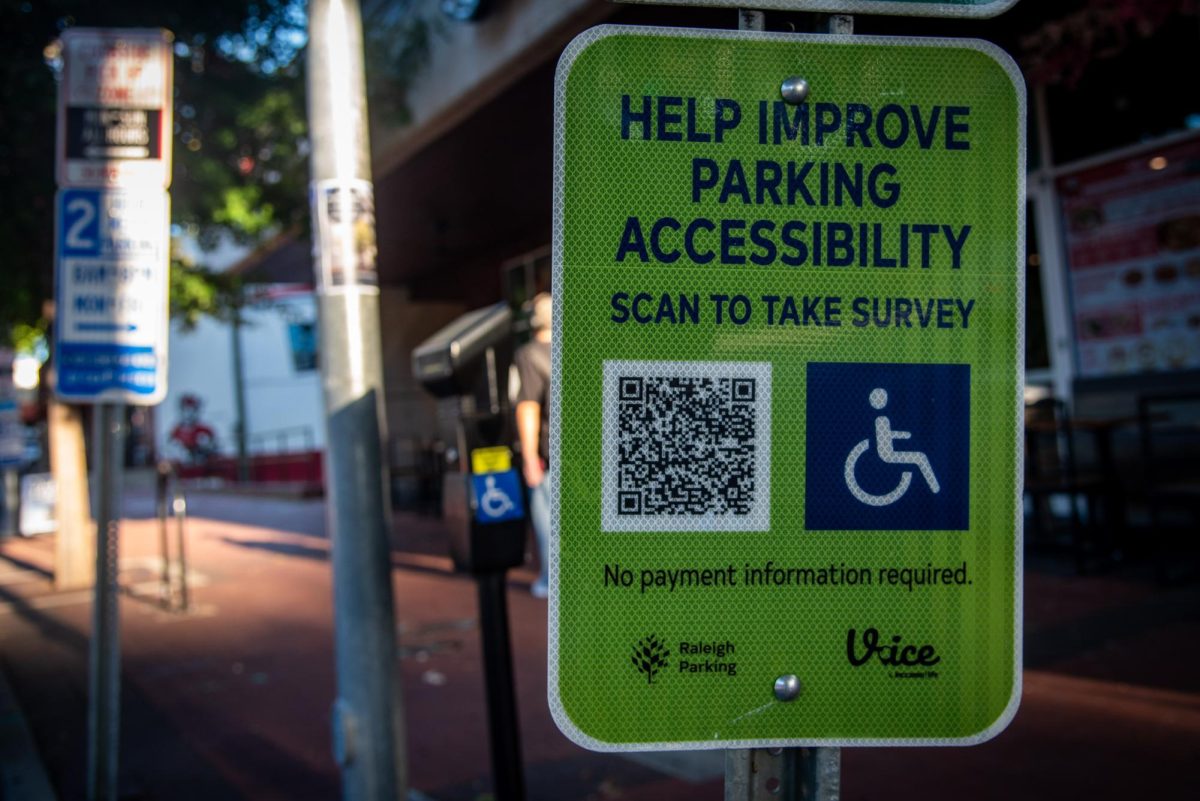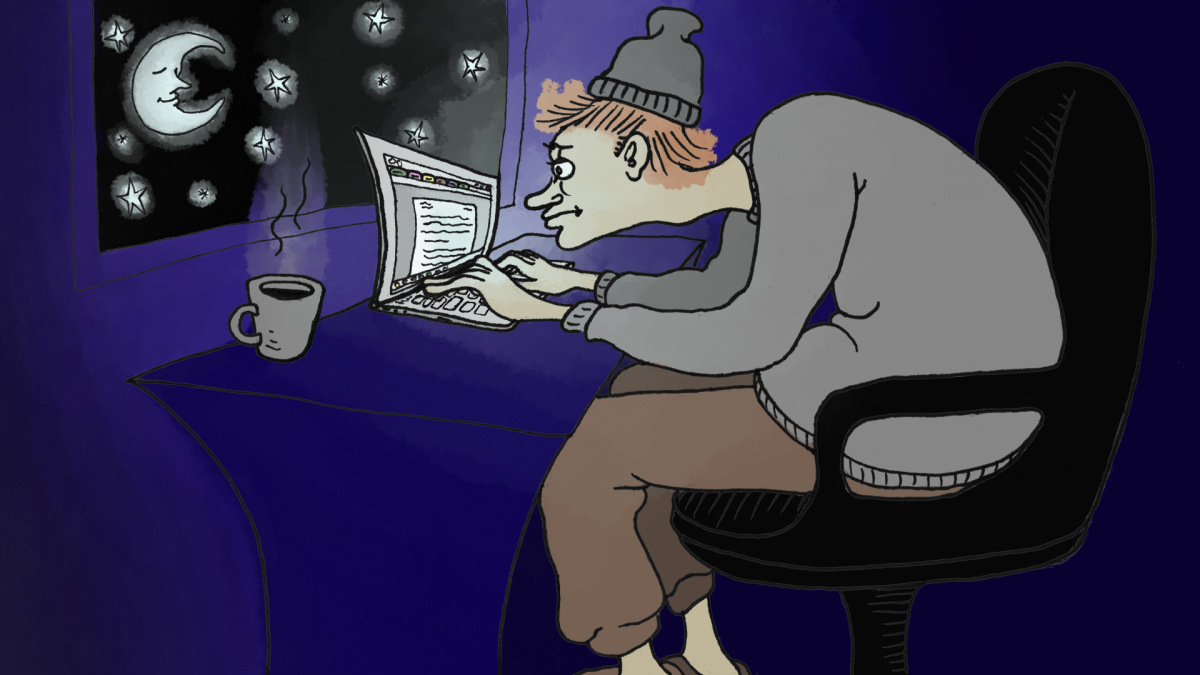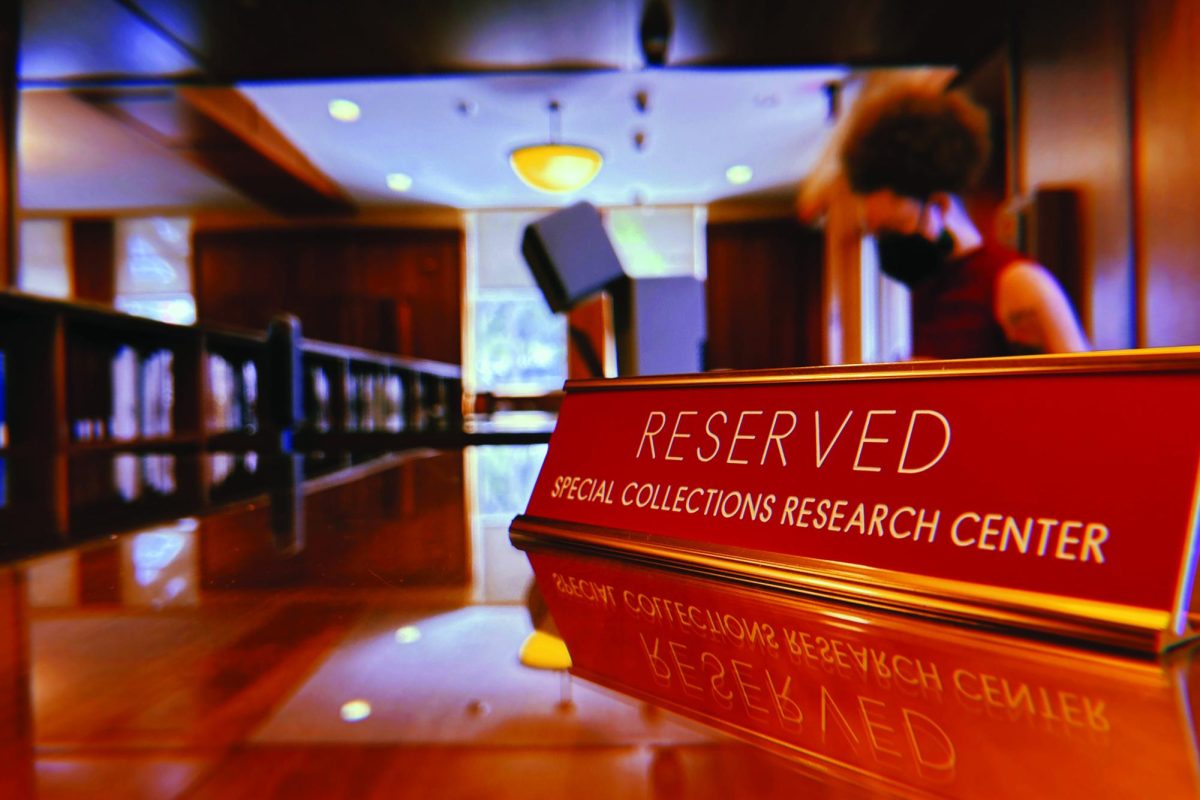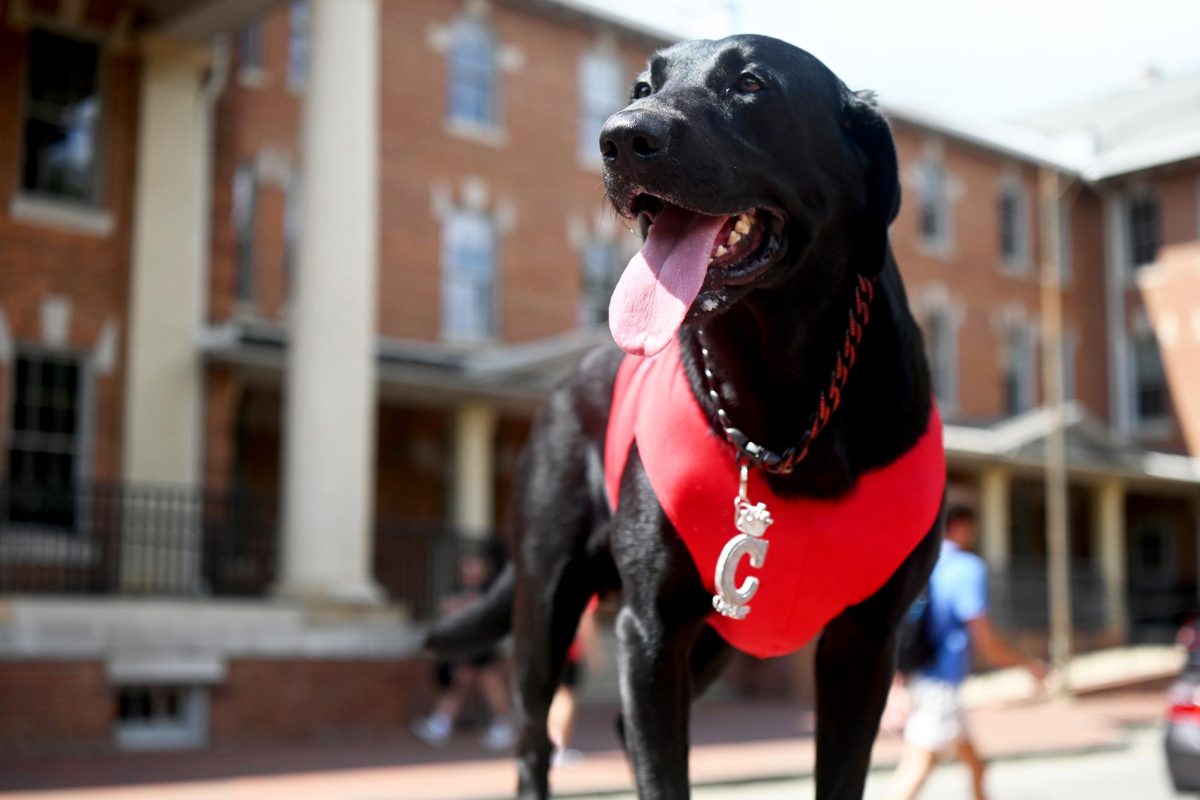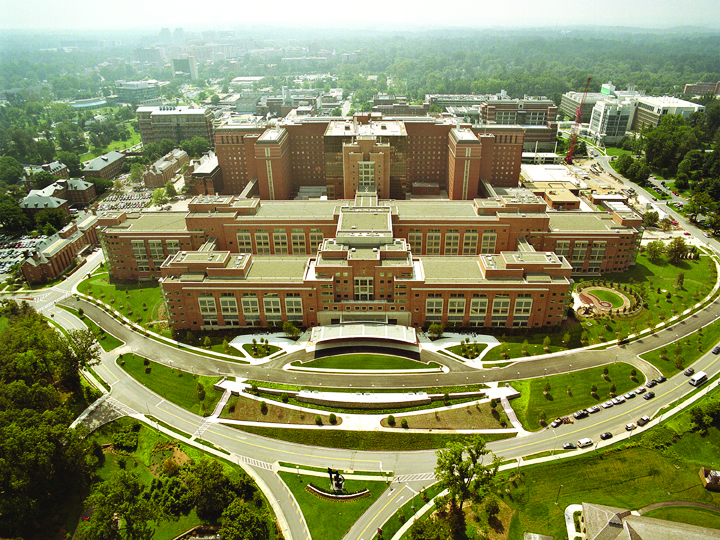NC State Student Health Services is monitoring the transmission of COVID-19 among students, faculty and staff members. At least 15 NC State students and five employees have self-reported testing positive for the virus to Student Health, according to Dr. Julie Casani, director and medical director of Student Health Services.
“We run both student and employee self-reporting programs,” Casani said. “People report to us if they have tested positive or been told by their health care provider that they are a presumptive case. Between 15 to 20 students and five to 10 employees have reported positive results.”
Student Health uses the self-report programs to trace and minimize the spread of COVID-19 among the NC State community, according to Casani.
“With this program, we reach out to people who report positive results to us,” Casani said. “We may interview the person, see if they’ve been on campus, see who they interacted with and then reach out to those contacts to give them the important information that they might need. None of the self-reported cases had campus contacts, so we haven’t had to fully implement contact tracing.”
For people who report positive results, Student Health provides consultation and follows up within 24 hours to direct them to resources they may need, according to Casani. She also said that all of the self-reported cases Student Health receives are referred to local health departments.
In addition to the self-reporting programs, Student Health offers its own testing on campus. Since early March, 43 total students have been tested, but none have tested positive. Only students have received testing at Student Health.
“We do not run the tests on site; we send the samples to LabCorp,” Casani said. “At first, we got the results back within three to four days, but now it only takes one to two days. It’s actually worked out pretty well. We also switched from nasal to oropharyngeal testing, which is when we swab the back of the throat.”
Casani also said that Student Health has not been affected by the national testing shortage due to the low number of swabs it orders. Instead of antibody tests, Student Health uses viral tests for better results. Additionally, the antibody tests cost $150 each and they are accurate less than 50% of the time.
According to Casani, Student Health will be heavily involved in the transition to the fall semester.
“We’re prepared for the worst,” Casani said. “The possibility of students coming back infectious is relatively high. Once we bring people back, we’ll have tons of safety measures in place. We plan on having a multi-pronged approach to preventing infection—caring for students who are sick, preventing people from getting sick and continuing the use of contact tracing. But if you have a large percentage of your population that’s infectious, we will, without a doubt, have infections on campus, regardless of how safe we try to be.”


